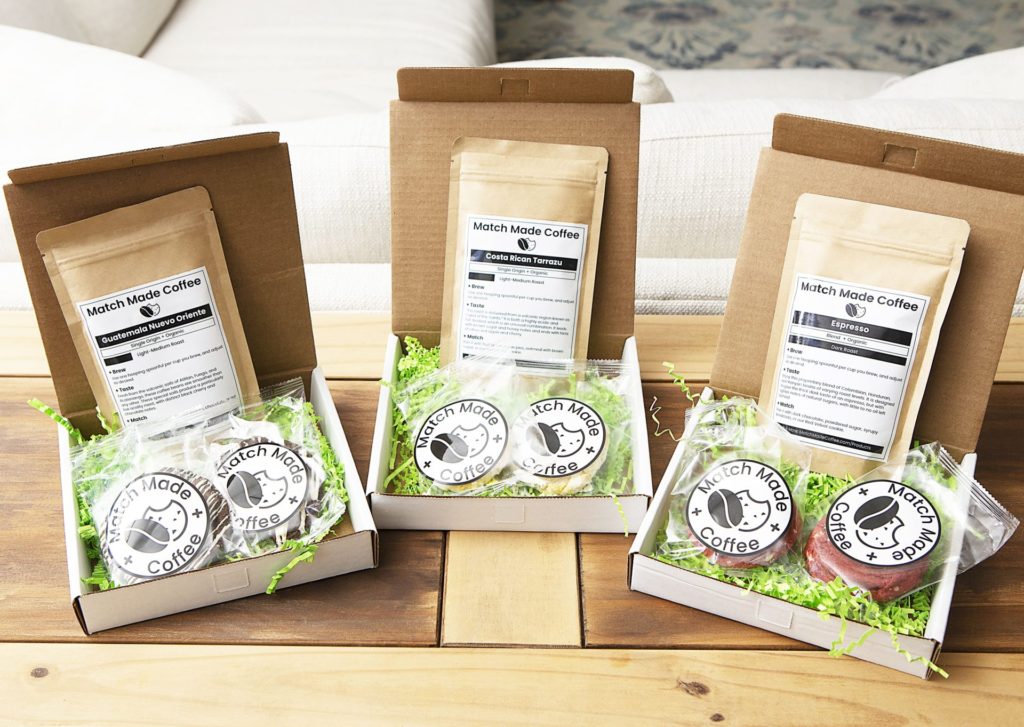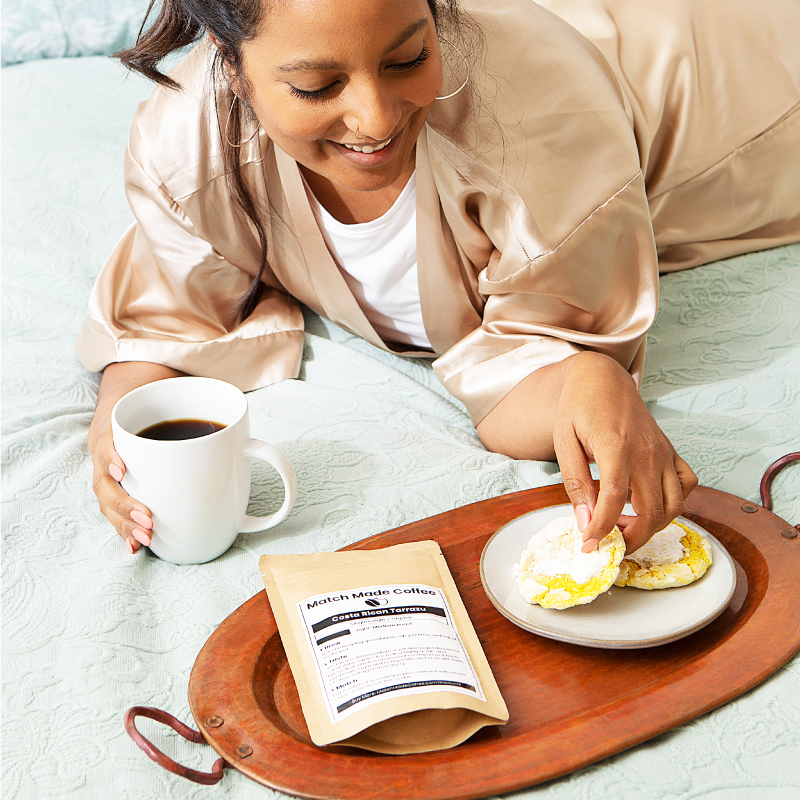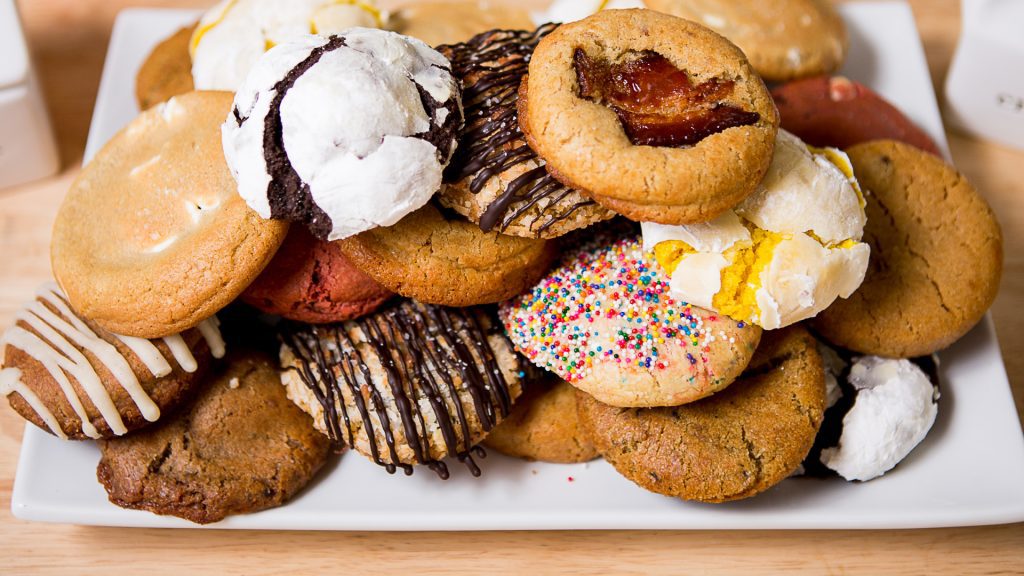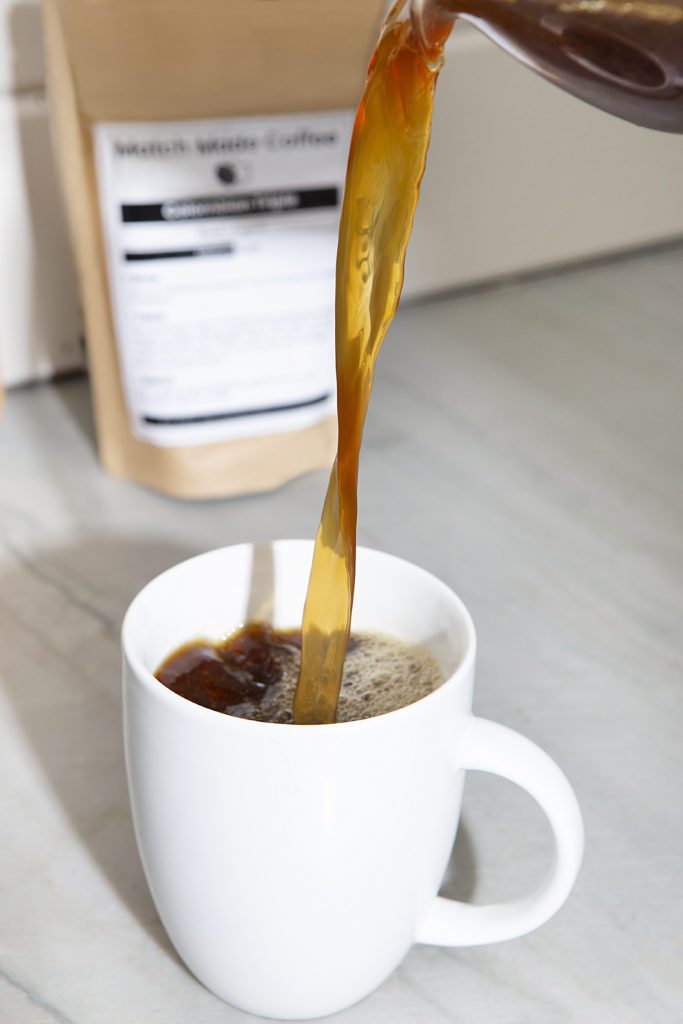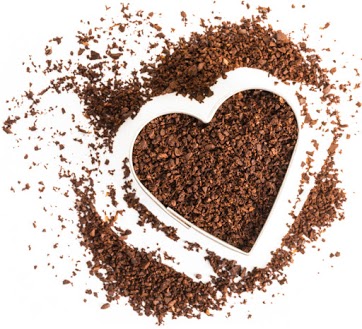Coffee first came around about 1000 years ago, but it wasn’t until the 1400s that coffee roasting technology really started to take off, beginning in the middle east. The first methods weren’t really that fancy and really just consisted over a large flat spoon that got placed into a fire, with a smaller stirring spoon to help evenly roast everything.
As time went on, it started to become a flat perforated pan with a long handle that was placed over a large container of coals. Still not too fancy, but it got the job done. A couple hundred years later a large cylinder with a crank was developed to allow for roasting higher quantities.
Most coffees in the world are made from the Arabica bean, which is often considered the “best” around. When you get into subjective experiences like best tasting coffee, it’s definitely opening ourselves up for an argument. When compiling this list we wanted a mixture of coffees that many of our subscribers have likely not tried but should, as well as those whose flavor stood out.
1) Tanzania Peaberry Coffee
Spices are perhaps the easiest way to upgrade your morning cup of coffee, and many of these spices also come with a surprising list of health benefits. You probably should avoid adding all of these together at once if you want your coffee to taste halfway decent. But, add one or two and you’ll get a tastier drink and a healthier body. And, keep in mind, despite links that we’re providing to scientifically substantiated claims, it’s always best to consult your physician regarding any diet or health changes you are thinking about.
1) Ceylon Cinnamon
We’ve spoken numerous times about the benefit after benefit of coffee not just on your health, but specifically how it boosts your workouts. It doesn’t just perk you up so that you feel like taking on the world, it also helps burn fat and push harder.
But, lets be honest, few people are chugging a piping hot coffee before hitting up the gym, or bringing a mug of coffee to swig between sets. But, do you know what people do that with? Protein drinks. It’s time we merged the benefit of protein shakes with that of coffee.
Here’s what you need:
In a previous blog we addressed how water extracts coffee from the coffee beans and how that process affects your coffee. But what about the water itself? Short answer: yes, yes it does.
Your coffee is about 98% water. What type of water you brew your coffee with actually makes a large impact as well.
Do you have soft water? Soft water is essentially how water falls from the sky as rain, and typically only has sodium in it.
And what about hard water? Hard water has a bunch of other minerals, and is generally what happens when rain water passes over ground into our waterways, and tends to have large amounts of calcium and magnesium.

